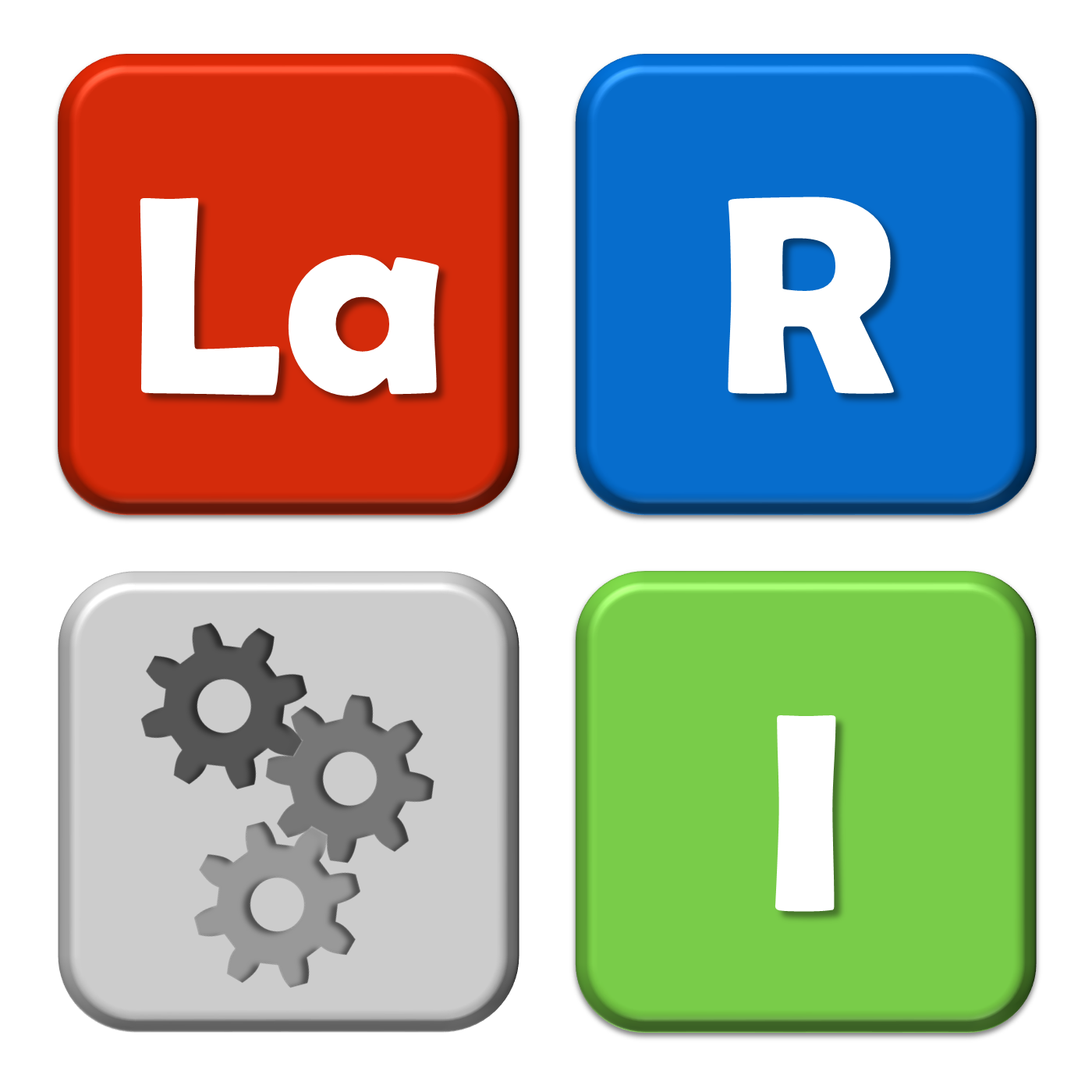The LaRI Group is pleased to announce the Online Seminar entitled ‘Not Just Paper – Taking Care of Oral Archives’, which will take place on Tuesday 27th October 2020, from 10:00 to 13:00, at the Zoom address provided by ICBSA (Meeting ID: 611 342 9448 | Passcode: 5YNcfS).
The event aims to promote the “Vademecum for the treatment of oral sources”, the result of a collective work that involved representatives of the university, public administration and scientific associations of reference in Italy, with the coordination of two members of the CLARIN-IT Consortium – the University of Siena (Silvia Calamai) and the Archival and Bibliographic Superintendence of Tuscany (Maria Francesca Stamuli) – and the University Ca’ Foscari Venice (Alessandro Casellato).
Programme
| 10:00-10:15 | Opening of works and greetings from Carlo Birrozzi, ICBSA Director |
| 10:15-11:15 | The digitization of oral archives in Italy: an urgent and undelayable intervention |
| Introduction by Alessandro Casellato (AISO – University Ca ‘Foscari Venice) | |
| Interventions by Paolo Masini (President of the Museum of Italian Emigration), Laura Moro (General Manager of the Central Institute for the Digitization of Cultural Heritage – Digital Library), Valdo Spini (President of the Association of Italian Cultural Institutions) | |
| 11:15-11:30 | Intermezzo and pause: listening |
| 11:30-12:00 | Why a “Vademecum for the treatment of oral sources” |
| Speeches by Silvia Calamai (AISV – University of Siena), Maria Francesca Stamuli (Archival and Bibliographic Superintendence of Tuscany) | |
| 12:00-13:00 | Interventions and questions from the participants and the connected public |
| 13:00 | Closing of works |
The seminar is promoted by
Italian Association of Oral History, Italian Association of Voice Sciences, Italian National Archival Association, Central Institute for Archives, Central Institute for Sound and Audiovisual Heritage, Central Institute for the Single Catalog of Italian Libraries and for Bibliographic Information, Central Institute for Catalog and Documentation, Ferruccio Parri National Institute – Network of the History of Resistance and Contemporary Age Institutes, Piedmont Institute for the History of the Resistance and Contemporary Society “Giorgio Agosti”, ISEC Foundation, Institute for Computational Linguistics “Antonio Zampolli” – National Research Council of Italy, CLARIN Italy, Center for Computational Sonology – University of Padua, General Directorate of Archives, Archival and Bibliographic Superintendence of Tuscany, Archival and Bibliographic Superintendence of Piedmont and Valle d’Aosta, University of Siena, University Ca’ Foscari Venice,
with the participation of
Association of Italian Cultural Institutions, Giuseppe Di Vittorio Foundation – National Coordination of Libraries and Archives of the CGIL, Historical Museum of Liberation in Via Tasso.
The drafting of the “Vademecum for the treatment of oral sources” was carried out with the contribution of
Simonetta Buttò, Silvia Calamai, Alessandro Casellato, Piero Cavallari, Giovanni Contini, Luciano D’Aleo, Silvia Filippin, Antonella Fischetti, Sabina Magrini, Monica Monachini, Antonella Mulè, Elena Musumeci, Pasquale Orsini, Duccio Piccardi, Giulia Piperno, Niccolò Pretto, Micaela Procaccia, Diego Robotti, Alessandro Russo, Elisa Salvalaggio, Carla Scognamiglio, Maria Francesca Stamuli, Stefano Vitali, Sara Zanisi,
with the coordination of
Silvia Calamai, Alessandro Casellato, Maria Francesca Stamuli.
“Vademecum for the treatment of oral sources”
The “Vademecum for the treatment of oral sources” contains a summary of useful information for those who work with oral sources as researchers, archivists, librarians or documentalists.
It is the result of a collective work that involved representatives of the university, public administration and scientific associations of reference in Italy.
It arises from the acknowledgment that many oral archives produced in the past require an urgent safeguard action to prevent their irreversible deterioration.
It aims to inform and sensitize researchers on the importance of properly preserving and archiving their oral sources, as a prerequisite for enhancing them and making them available to the same subjects who participated in the research and other future scholars.
It offers archivists, librarians and, more generally, conservators of oral archives some basic information and references to better carry out their work.
It continues and relaunches a tradition of intergenerational and interdisciplinary scientific comparison and exchange of good practices between the main subjects and institutions that deal with oral sources in Italy.
